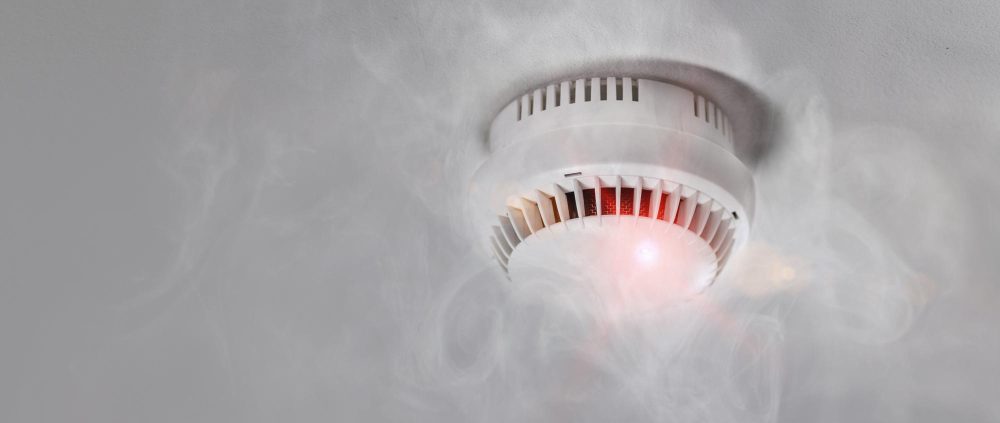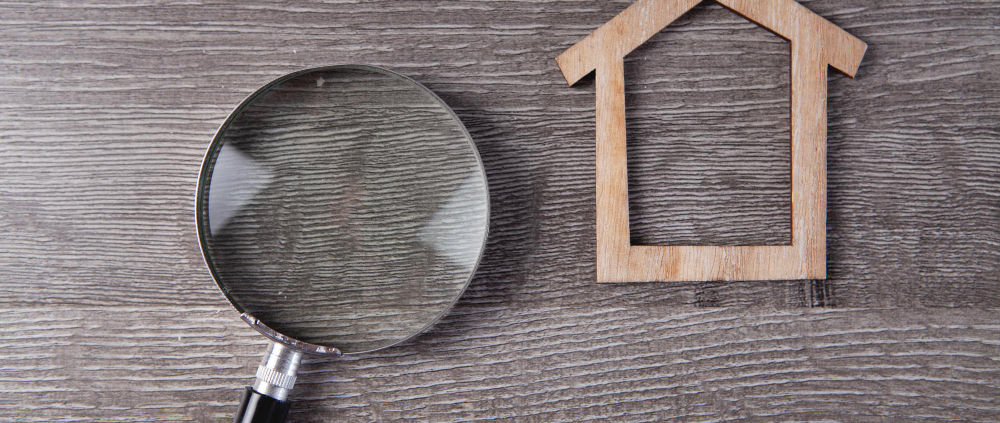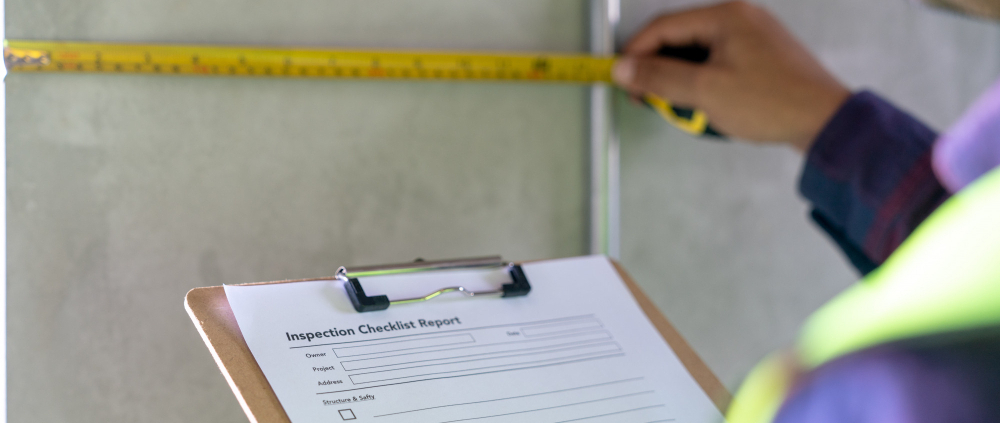When we think about home safety, it’s easy to focus on securing our doors, windows, and alarm systems. However, one of the most critical and often overlooked safety devices in any home is the smoke detector. These small devices play a crucial role in safeguarding our lives and property from the devastating effects of fire. In this article, we will explore the importance of smoke detectors, how they work, and essential tips for their maintenance to ensure your home remains a safe haven.
Why Smoke Detectors Matter
Life-Saving Alert System
Smoke detectors are your first line of defense in the event of a fire. They provide early warnings, often before you can see or smell the smoke, allowing you and your family precious time to evacuate. According to the National Fire Protection Association (NFPA), the risk of dying in a home fire is cut in half in homes with working smoke detectors. This statistic alone underscores their importance in saving lives.
Fire Detection and Prevention
Early detection is crucial because it allows for quicker response times, either by occupants or emergency services. Fires can spread rapidly, doubling in size every minute. A smoke detector’s alert can mean the difference between a small, manageable fire and a devastating blaze that engulfs your home.
Property Protection
While the primary purpose of a smoke detector is to save lives, they also play a significant role in protecting property. Early detection means fires can be extinguished before they cause extensive damage. This can result in lower repair costs and the preservation of cherished personal belongings that might otherwise be lost in a fire.
How Smoke Detectors Work
Ionization vs. Photoelectric Detectors
There are two main types of smoke detectors: ionization and photoelectric. Each works differently to detect smoke and fire.
- Ionization Smoke Detectors: These are more responsive to flaming fires. They contain a small amount of radioactive material between two electrically charged plates, which ionizes the air and creates a current. When smoke enters the chamber, it disrupts this current, triggering the alarm.
- Photoelectric Smoke Detectors: These are more responsive to smoldering fires. They use a light source and a sensor. When smoke enters the chamber, it scatters the light beam, which then hits the sensor and triggers the alarm.
For the best protection, it is recommended to have both types of detectors installed in your home or opt for dual-sensor smoke alarms that combine both technologies.
Placement and Installation
Proper placement of smoke detectors is critical. Here are some guidelines to ensure maximum effectiveness:
- Install on Every Level: At a minimum, there should be a smoke detector on every level of your home, including the basement and attic.
- Bedrooms and Hallways: Place detectors inside and outside each sleeping area. Fires often start at night, and having alarms close to where you sleep increases the chances of waking up in time to escape.
- Avoid Kitchens and Bathrooms: To prevent false alarms, avoid placing smoke detectors too close to kitchens and bathrooms. Instead, place them nearby but in a location where steam or cooking fumes are less likely to trigger the alarm.
Maintenance Tips
Regular Testing
Test your smoke detectors at least once a month by pressing the test button. This ensures the alarm is working correctly and gives you peace of mind that the device is functional.
Battery Replacement
Replace the batteries at least once a year or whenever the detector chirps to indicate low battery power. A good rule of thumb is to change the batteries when you change your clocks for daylight saving time.
Cleaning and Dusting
Dust and debris can interfere with the detector’s operation. Clean your smoke detectors regularly by vacuuming them with a soft brush attachment or wiping them down with a damp cloth.
Detector Replacement
Smoke detectors don’t last forever. Replace your smoke detectors every 10 years or as recommended by the manufacturer. Check the date of manufacture on the back of the detector to see when it’s time for a replacement.
We’re always here to help! Schedule your next home inspection with Clarity Home Inspection!









